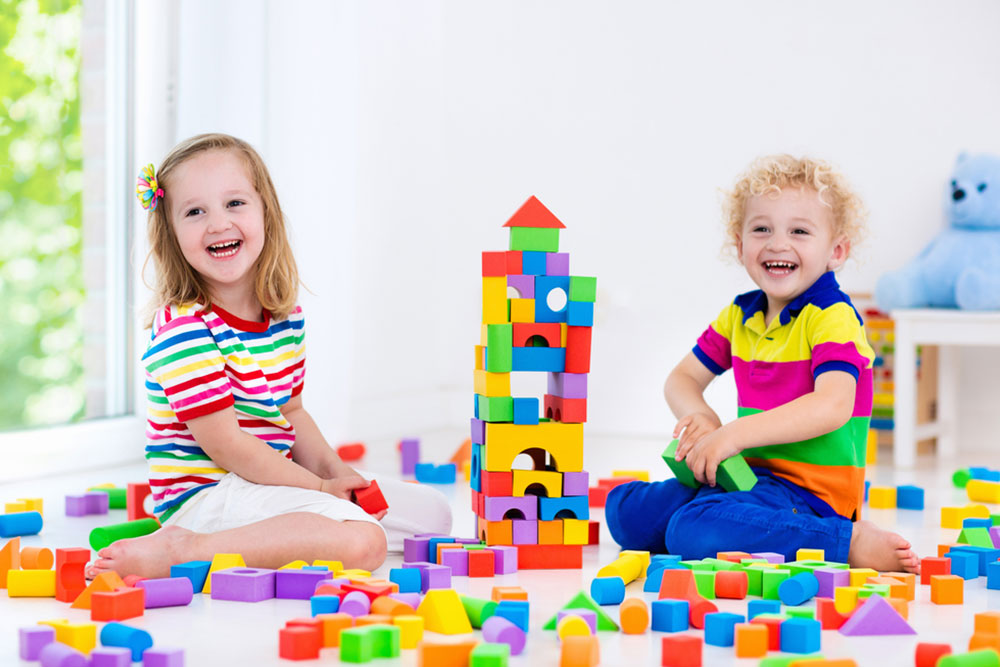Comprehensive Guide to Child Care and Preschool Facilities: Types, Benefits, and How to Choose the Right One
Explore the various types of child care and preschool facilities, including child care centers, family care, preschools, and in-home options. Learn how each setup supports early childhood development and helps parents make informed decisions for their children's care. This comprehensive guide covers operational details, benefits, and suitability to help you choose the best environment for your child's growth and education needs.

Understanding the Different Types of Child Care and Early Education Centers
Choosing the right childcare or preschool for your child is a significant decision for parents. It involves careful research, considering your child's needs, your schedule, and your expectations. A well-chosen child care facility not only provides a safe and nurturing environment but also promotes early childhood development, social skills, and readiness for school. With various options available, understanding the differences among them is crucial to making an informed choice that benefits your child's growth and your peace of mind.
Child care centers come in various structures and operational models, each tailored to different age groups, developmental stages, and parental needs. Whether you are considering a daycare, preschool, or in-home care, knowing the features and advantages of each can help you select the best fit for your family.
Here's an in-depth overview of the main types of child care and preschool facilities.
Child Care Centers These centers are often located in accessible community spaces such as commercial buildings, dedicated daycare centers, or educational buildings. They typically employ trained professionals including teachers, caregivers, and support staff who focus on both early education and comprehensive care. Most operate for 10 to 12 hours daily, five days a week, providing convenience for working parents. They serve children from infancy through early elementary ages, organized into age-specific groups to tailor activities to developmental levels. Many centers implement structured curricula involving educational play, social interaction, and skill development, which prepares children for future academic environments.
Family Child Care Also known as home-based daycare, this setup takes place in a caregiver’s private residence. It offers a cozy, personalized environment where a small group of children—often fewer than 10—are cared for by a single caregiver or a small team. This environment fosters close, trusting relationships and can be ideal for parents seeking a homely atmosphere. Many family child care providers also integrate educational programs suited to young children’s developmental needs. Operating typically for 12 hours a day, five days a week, this option provides flexibility and a more intimate setting for young learners.
Preschool programs are usually housed within elementary or dedicated early childhood education schools, designed primarily for children aged 3 to 5 years. These preschools often offer both half-day and full-day schedules, allowing parents to choose based on their routines. Preschools focus on foundational skills such as basic literacy, numeracy, social skills, and emotional development. The environment encourages exploration and learning through play, storytime, arts and crafts, and guided learning activities. Many preschools also prepare children for kindergarten, emphasizing socialization, independence, and early academic readiness.
School-age child care services are structured to support children who attend regular school hours. These programs are available before school, after school, and during summer breaks, ensuring continuous supervision and engagement. They often include homework assistance, recreational activities, and summer camps tailored to age groups, providing a balanced mix of fun and learning. Such programs cater to the needs of working parents and aim to foster socialization, independence, and skill development in older children.
Trusted Person Care involves informal childcare arrangements where family, friends, neighbors, or trusted community members provide care. These arrangements are usually customized to fit specific schedules and preferences of parents, often involving small groups of children under the supervision of familiar caregivers. The activities might be less formal but personally tailored, emphasizing comfort and trust. This type of care can be preferred for its flexibility and the close, familial atmosphere it provides.
In-Home Care pertains to hiring private caregivers, nannies, or tutors to look after children within the comfort of their own home. This setup offers highly personalized attention, tailored educational activities, and consistent schedules, often preferred by families seeking individualized care or those with specific health or developmental needs. While peer interaction might be limited compared to group settings, in-home care provides a secure, familiar environment where a caregiver can focus solely on your child's well-being and growth.





